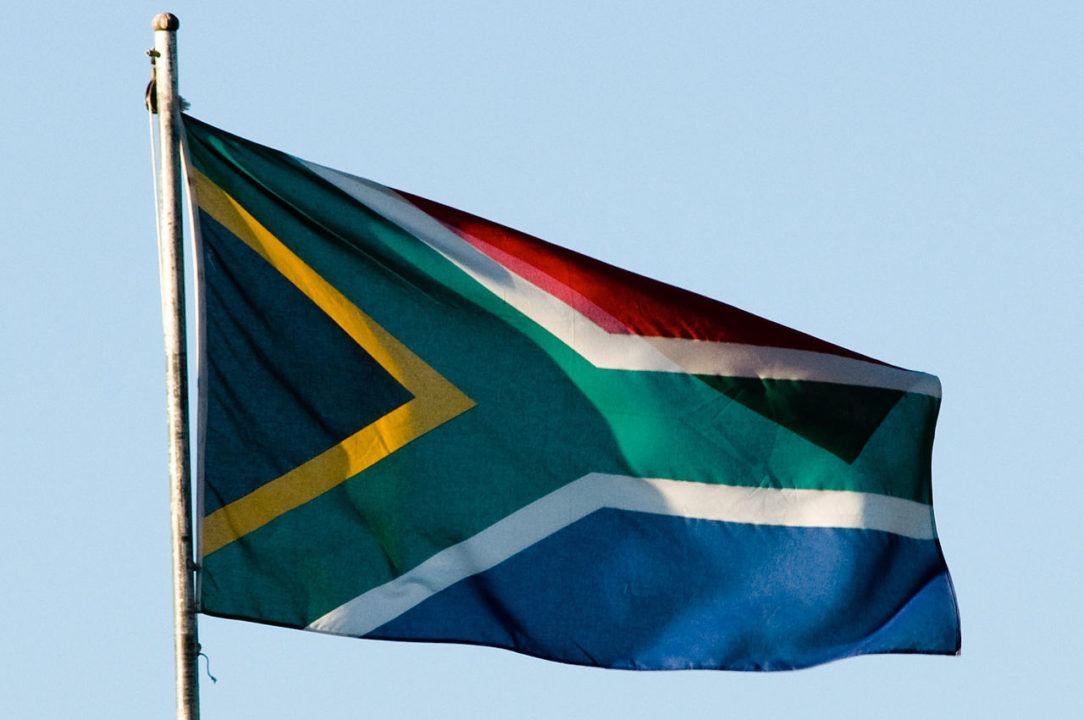A judge in South Africa has dismissed the lawsuit brought by Swimming South Africa (Swimming SA) against South Africa Water Polo (SA Water Polo).
Swimming SA was seeking a cease-and-desist application against SA Water Polo to stop it from existing. SA Water Polo was launched in March with the intent of governance to revitalize the sport of water polo in South Africa, not to fully break away from Swimming SA.
In a written statement, Judge Judith Cloete said that Swimming SA “failed to demonstrate any of the requirements for final interdictory relief.”
Law in South Africa states that there can be only one national federation, but there can be several national bodies.
At a hearing in May, Judge Cloete said that SA Water polo never purported to be a national federation, only a national body. Swimming SA later conceded that SA Water Polo was a parallel body not passing itself off as the administrator of the sport.
SA Water Polo argued that World Aquatics was the only body that could decide on its membership, not Swimming SA. World Aquatics still needs to recognize SA Water Polo’s membership.
Judge Cloete found there was nothing to suggest that SA Water Polo was trying to usurp the role of Swimming SA, according to the South African newspaper TimesLIVE.
“SA Water Polo is not purporting to hold itself out as a national federation,” Cloete wrote. “That is the only right which the applicant has which is worthy of protection.”
Cloete also said that SA Water Polo tried to engage with Swimming SA, but that those efforts were “all apparently to no avail.”
“But in any event, the applicant (Swimming SA) has a suitable alternative remedy,” Judge Cloete wrote. “All it has to do is inform the South African water polo community at large that, for so long as it remains the national federation, national and international competitions fall under its auspices.”
In November, a faction of SA Water Polo started a movement to break off from Swimming SA, citing poor treatment of the sport and its members, including not allowing the men’s and women’s water polo teams to compete at the Paris Olympics.
The teams met the World Aquatics qualification criteria as the highest-ranked African team, but Swimming SA had an internal criteria of finishing in the top 12 at the World Championships, which neither team achieved.
The men’s team finished 15th, while the women’s team was 14th.
The faction shared a document listing grievances with Swimming SA, such as a lack of financial support and little water polo representation in decision-making.
The faction had opposition from within the water polo community, especially players who were worried about missed career opportunities.
